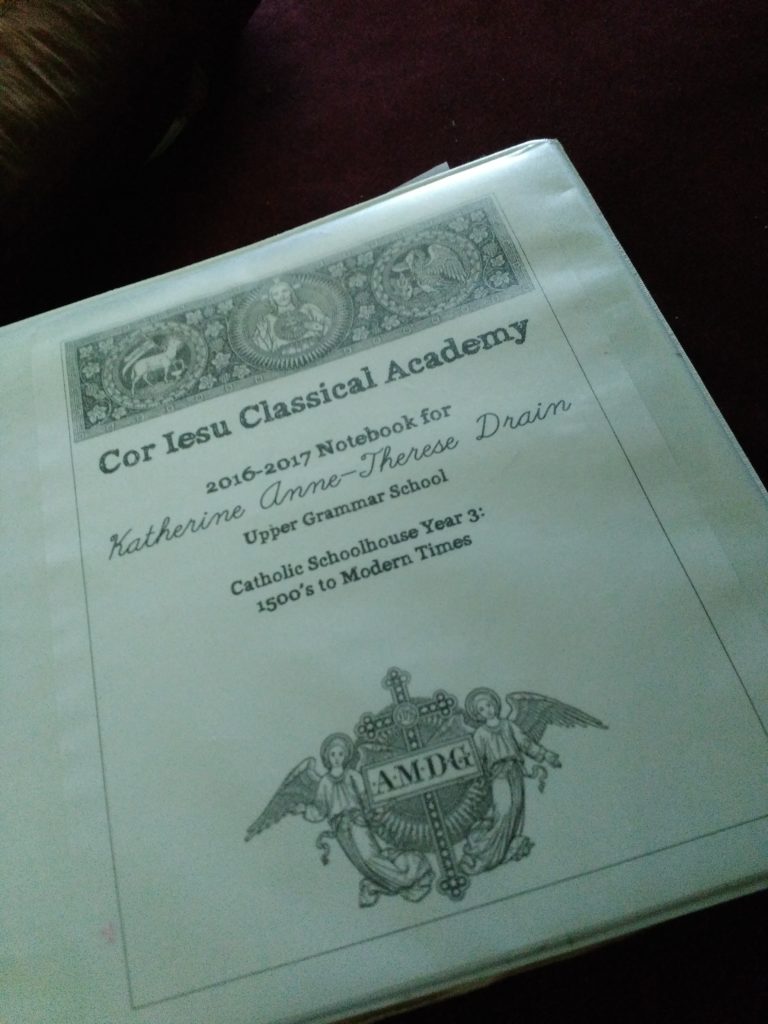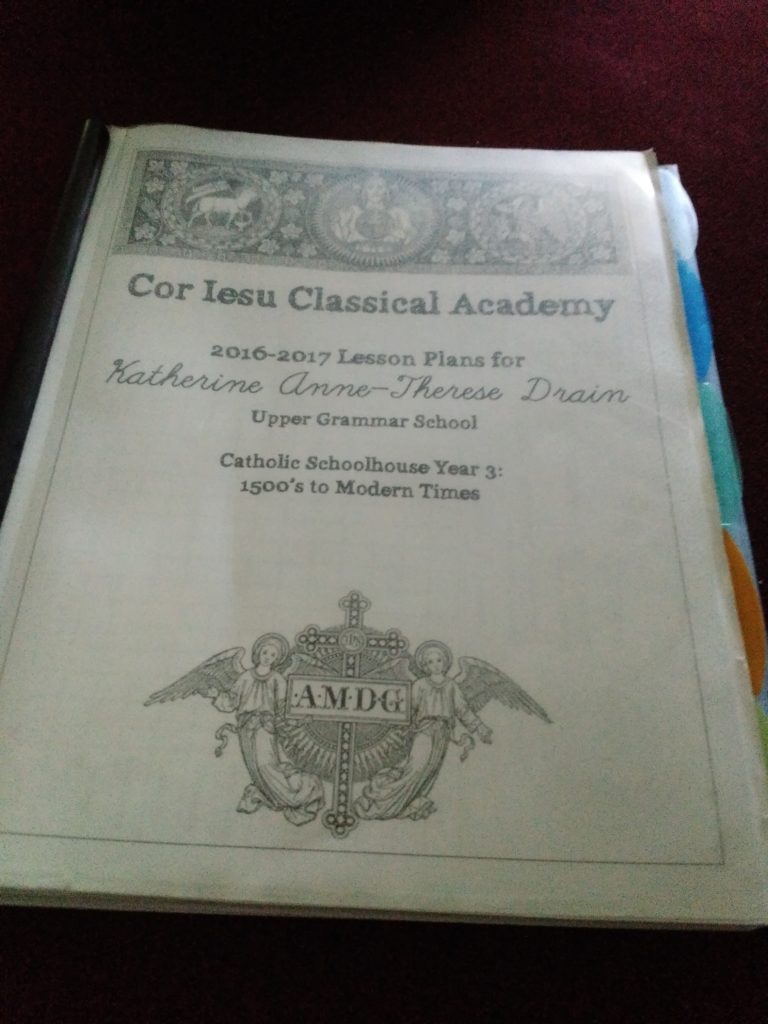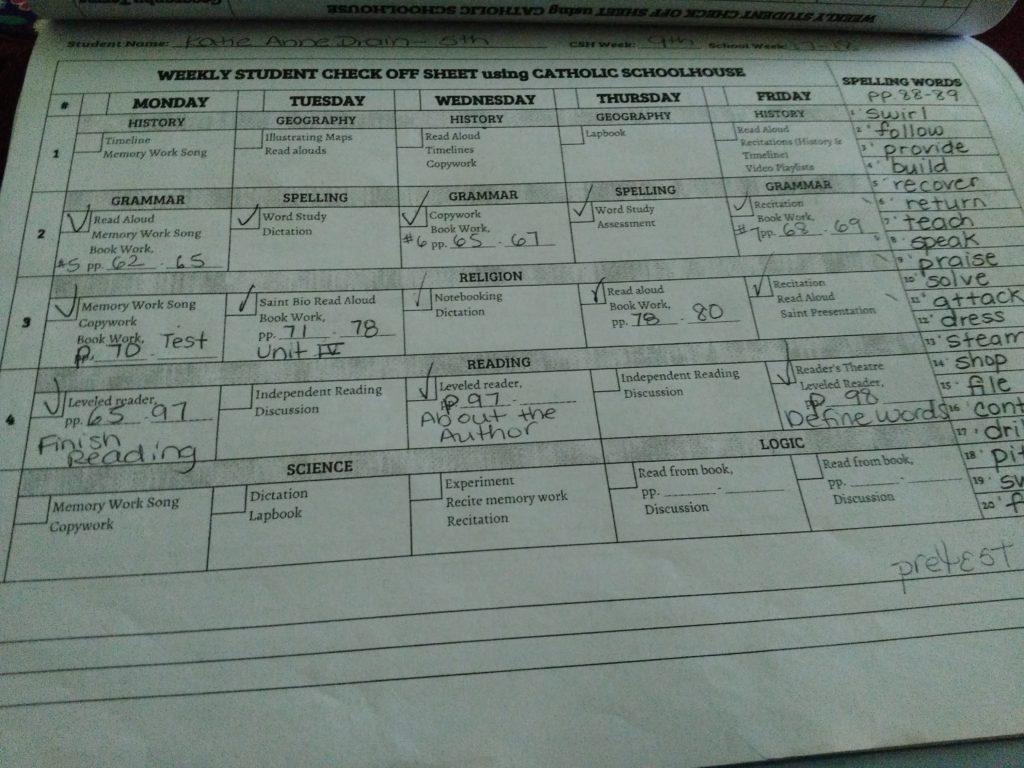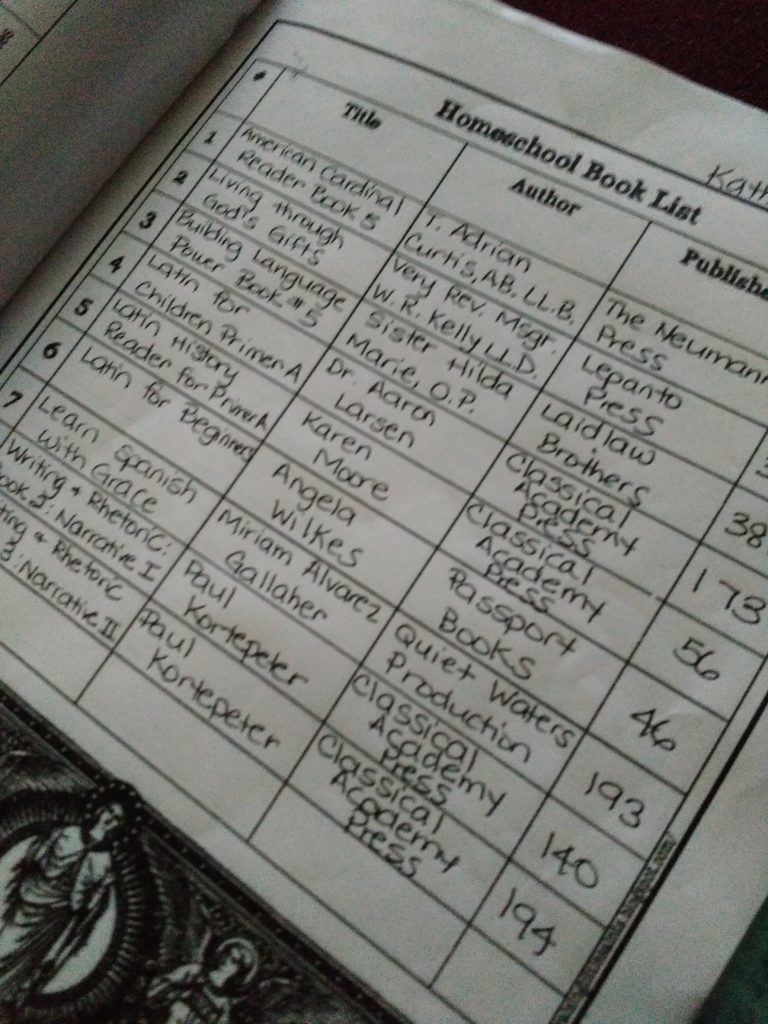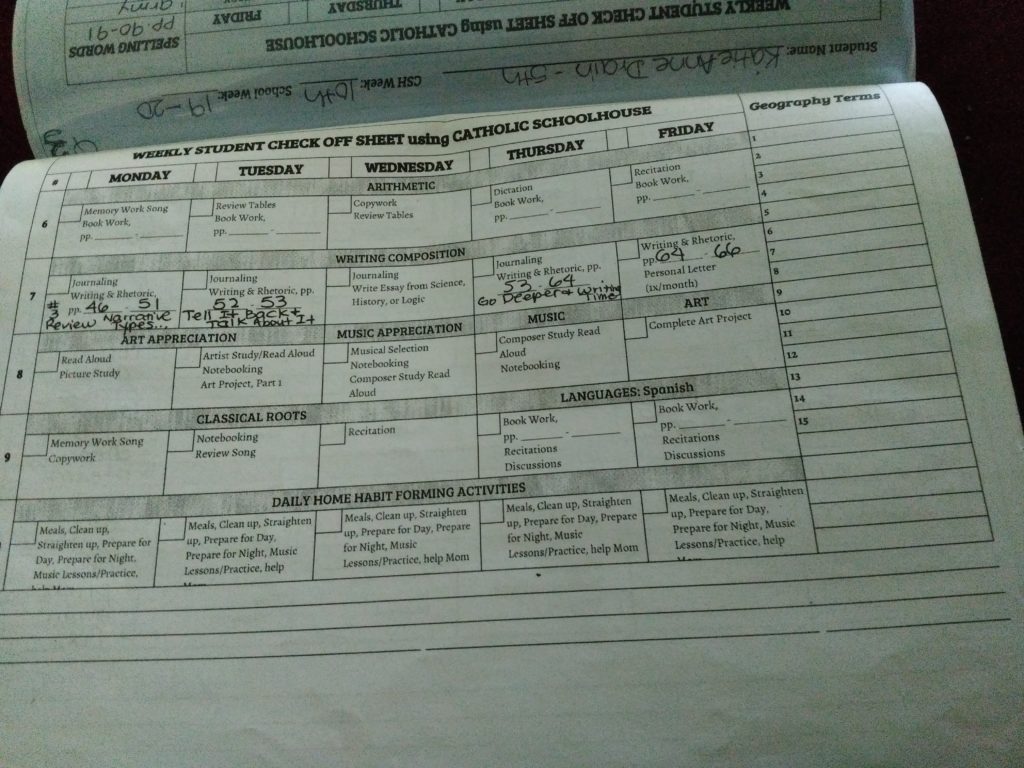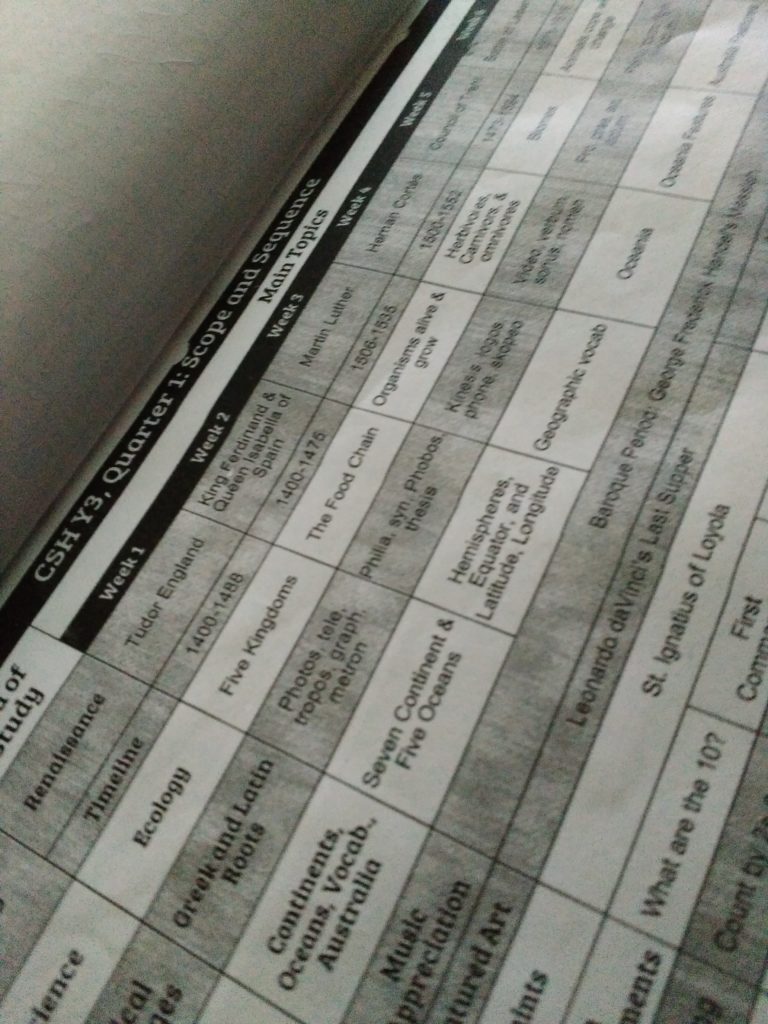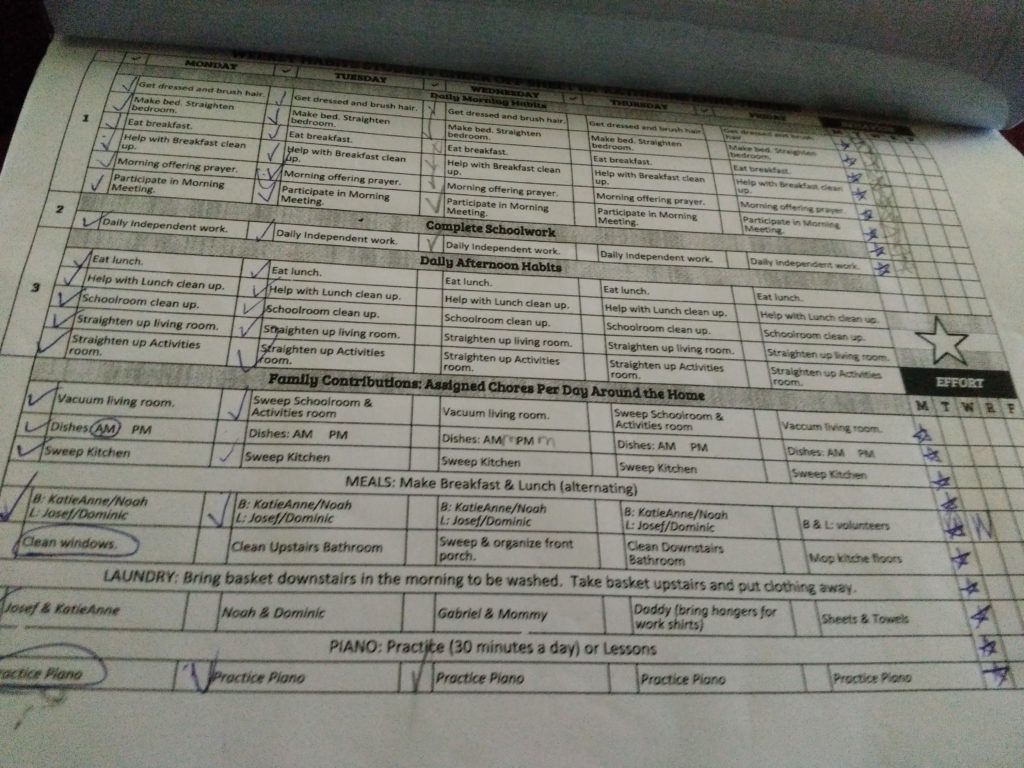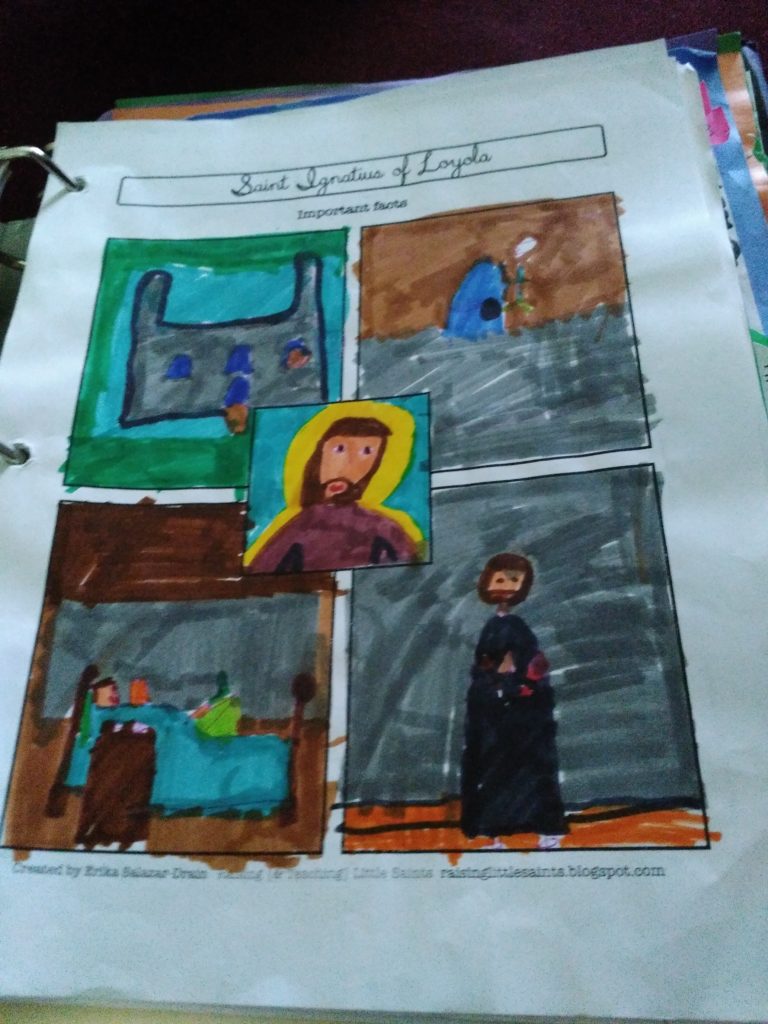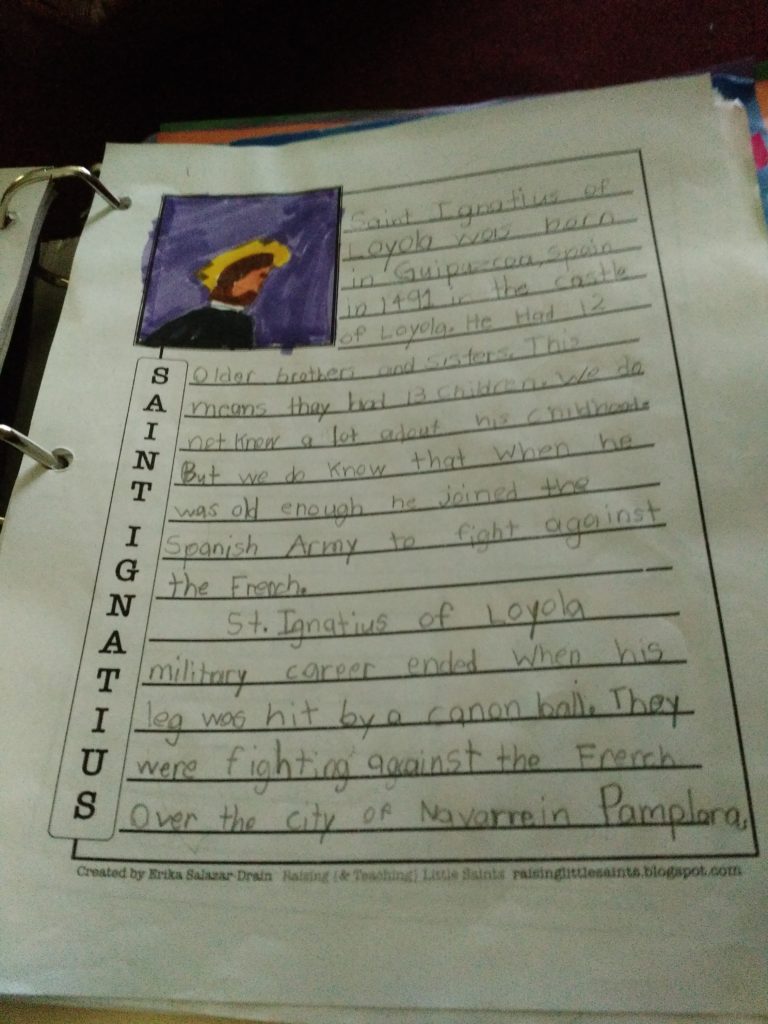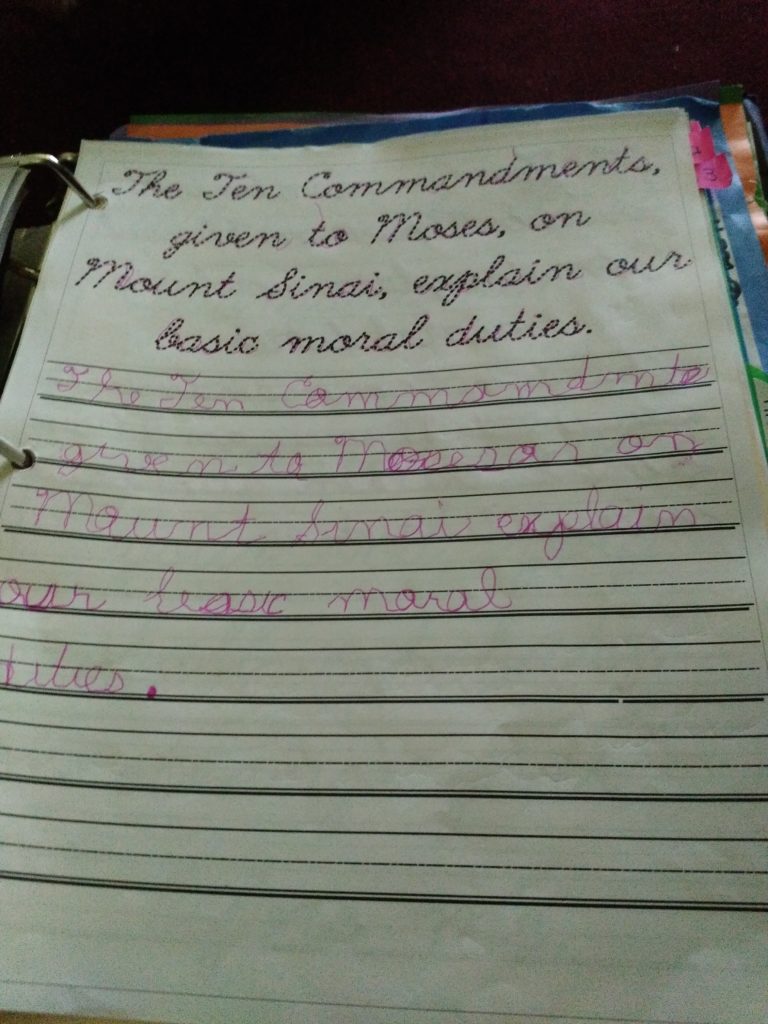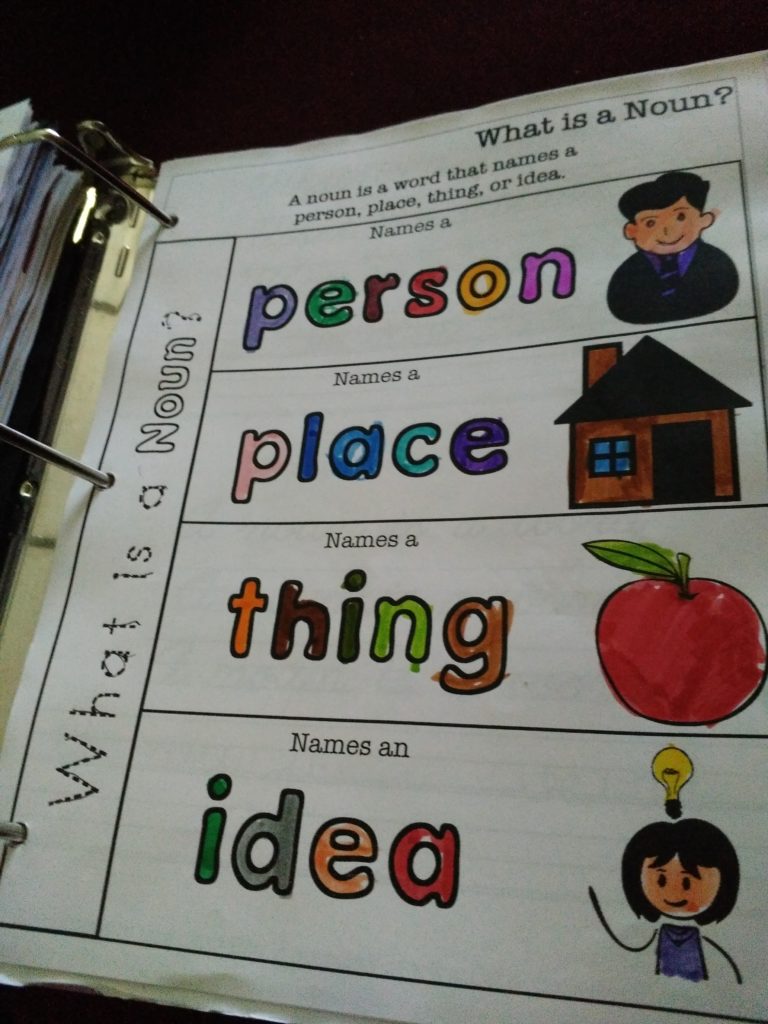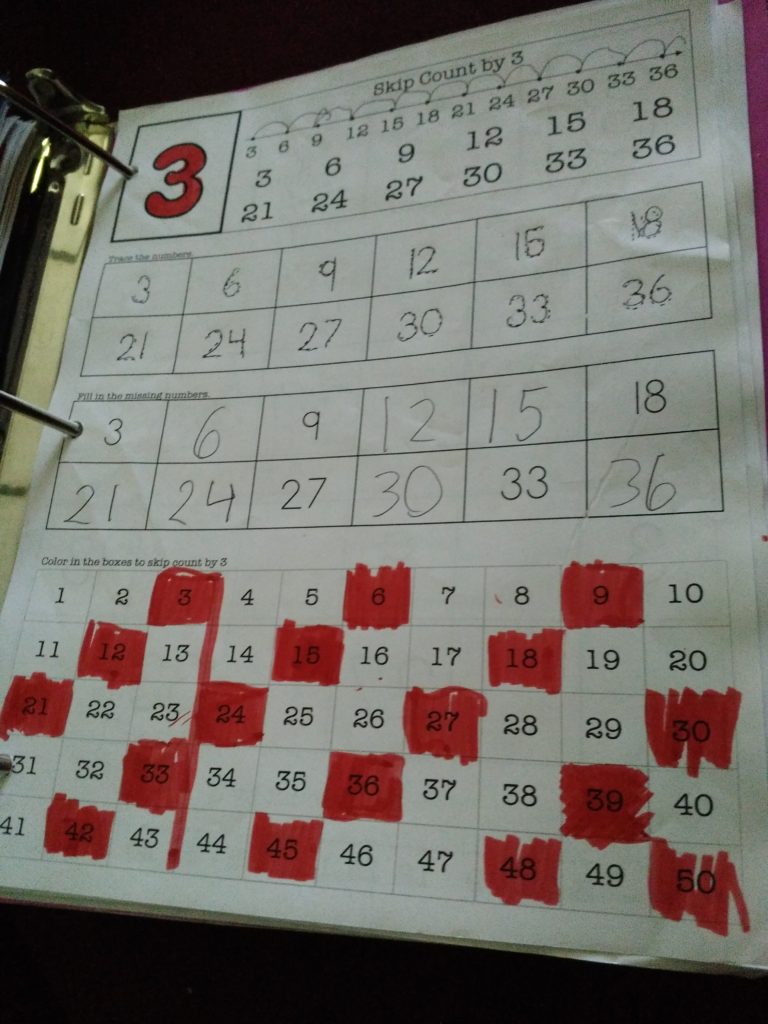What does your Confession look like? How are you teaching your children to go through their own Sacraments of Reconciliation as time goes by? What do your habits on this particular sacrament say about you? Have you grown in your faith, but forgotten this corner of it?
Does your Confession look like a checklist? I’ll freely confess I had planned on taking this format when I did my First Reconciliation a little less than a year ago. “Bless me Father for I have sinned. This is my first Confession. I’ve a, b, c, e, g, h, j, k, l, m, o, p, r, s, t, v, x, and y’d. For these and for all my other sins I am sorry.” Hold my breath until we get to the Act of Contrition and read that off a little card. Run for the door. Try to avoid ever having to do it again. Repeat as seldom as humanly possible.
I remembered sitting in the room with other parents of the children in my son’s Confirmation class the year before. We were preparing the children for their First Reconciliation and the teacher, Dianne, would for a portion of the class split us from the children and while they worked on a project without us, we would learn about the Sacraments, their origin, and all kinds of other amazing things. I loved the class. I was new to the Faith and like a sponge. I would stay after class and ask a million questions to Dianne who had the patience of a saint. She let me take home the videos we watched in class so I could review my notes and make certain I’d gotten everything out of them. I loved her. I still do.
The other parents and sponsors loathed it, deeply. They wanted to get in, get out, and get it over with.
One Monday when Dianne left us adults to our own devices after explaining to us what to expect on the day the children did their First Reconciliation, encouraging all the families and sponsors to participate as well. I was ecstatic. I was nervous. I was a wreck.
The other adults were terrified. Most started talking and comparing how long since they’d been to Confession. None had gone since their grade school years, high school at best. I was stunned. I’d just spent 8 weeks teaching my son that this was a beautiful Sacrament and that he should participate in it for the rest of his life! I mean, *I* didn’t want to go…but he should! He must! What on God’s green earth were we there for if he wasn’t going to participate in the Faith as soon as he got the excuse to stop?!?!
First Reconciliation for the children came. They were all nervous and rather intimidated. I was too! I’d planned my list (as stated above) and was ready to go in, just like the children, and do my First Reconciliation on the same day as my son. The children slowly went, one by one. I kept waiting for an adult or older sibling to go to the back of the aisle, but no one went. If I stood up I would look like an absolute fool. My son went last and held the door to the Confessional open for Father Joe afterward and they came forward. It was mixed emotions. Pride in my son, relief that I didn’t have to go, and sadness that I’d missed the opportunity.
After transferring to a new parish for a host of reasons, Father Dan assured me that everything was “all good” and offered to take care of my First Reconciliation at the first available opportunity when we came to worship at Mass the next time.
I got there late. On purpose. I figured if Confession ended at 4:30 and Mass started at 5:00 I should be good to squeak in at about 4:45. Or not. Father Dan was leaving the Confessional when he saw me sitting in the pew. He walked right over, smiled at those sitting next to me and said, “Susan, would you watch her son for a minute?” and marched my happy butt back to the Confessional. I’d been called out. Now I was a complete wreck. I wasn’t ready. I didn’t have my list. I didn’t have my Act of Contrition card. If I hadn’t left my purse and car keys with my son I might have booked it for the exit.
As I walked through the door, he asked me if I wanted to sit face to face with him (oh the horror) or kneel on the other side. Seemed rather ridiculous to kneel and “hide” at that point, plus the chair looked infinitely more comfortable to a 5 month pregnant woman than the kneeler. Face to face it was.
I had nothing with me, but since he knew it was my first time he walked me through it. I started the way I knew I was supposed to, but when I got to the “listing my sins” part, my mind started to go blank. Where do you start when you were baptized at 1 month old and are in your (we won’t go there.)? I started to go backwards from the most recent issues I’d had with my struggles. Tears started rolling down my cheeks as I revealed things I wouldn’t even tell my closest friends. I just laid it all out there. No pretty words, no hiding. Just me spewing all the horrible things I’d done that I could remember in one sitting.
At the end I felt amazing. Truly, it was unbelievable.
Today I went to participate in the Sacrament of Reconciliation for the first time in months. I’d found a million excuses before, but I was at the end of my rope and knew I needed to do it. I’d only gone to Confession that one time before. I’d planned that this would be different. I would be anonymous. I would kneel. I would go through my list and get out of there at the speed of light. And then I fell in the door of the Confessional and went sprawling with the baby onto the floor and he came running to help me up…and it was useless to try and hide again. So I began my second Confession while nursing a 6 month old in front of a priest who could see me. I’d planned on just getting it over and getting out of there. Instead I ended up a pile of tears again, and then cracking jokes as we talked about the fact that I’m not crazy. I left relieved. I was a normal mom with normal fears…who knew?
After getting the exact same feeling as the first time I couldn’t help but think how impossible it would be to feel the same way if I’d hidden and used my x, y, z list of pretty words as a checklist. I wouldn’t have had that unmistakable personal connection with Father Dan. I certainly wouldn’t have been laughing.
What about you? Has your Confession life grown or are you like those adults in the Confirmation class – too scared or too busy to be bothered? Have you seen the inside of a Confessional in the past month? How about the past year? The past decade? Are your children learning to follow you in the Faith? What does your fear or nonchalance teach them?
We’re about to start a new Church year and are just around the corner from Advent. I’m reaching out to you. I’m asking you let’s make this a new start together. In case you didn’t know, you don’t have to break one of the 10 Commandments to go to Confession. While it is a requirement to confess any mortal sins there is nothing wrong with confessing your other sins, especially if it is something you are struggling with and could use the value of spiritual guidance. Can’t we all use God’s hand more in our lives?
I’m going to ask you to make the Sacrament of Reconciliation available to your family at least once every other week. I don’t believe in nagging to Confession. I do believe in making the option available to those you love. It’s very hard for a child under the age of 16 to get to Confession without your help and summoning the courage to say “Mom, I need to go to Confession” might be too much for your children, no matter how much they know you love them no matter what. Make sure you make that option available as often as you can.
Since you’re already going to be there for your family, I’m asking you to join me. Until Easter I am going to go to the Sacrament of Reconciliation at least once every other week. Join me. Take the plunge. The Sacrament of Reconciliation takes less than 15 minutes out of your week. Take the time. Go to Confession with me. Then come back and tell me how much better you feel. Tell me how much your life is changing…and I’ll tell you about mine.
USCCB Resources for the Sacrament of Reconciliation: http://usccb.org/prayer-and-worship/sacraments/penance/
Thank you for following Raising (& Teaching) Little Saints! Visit us again soon!







